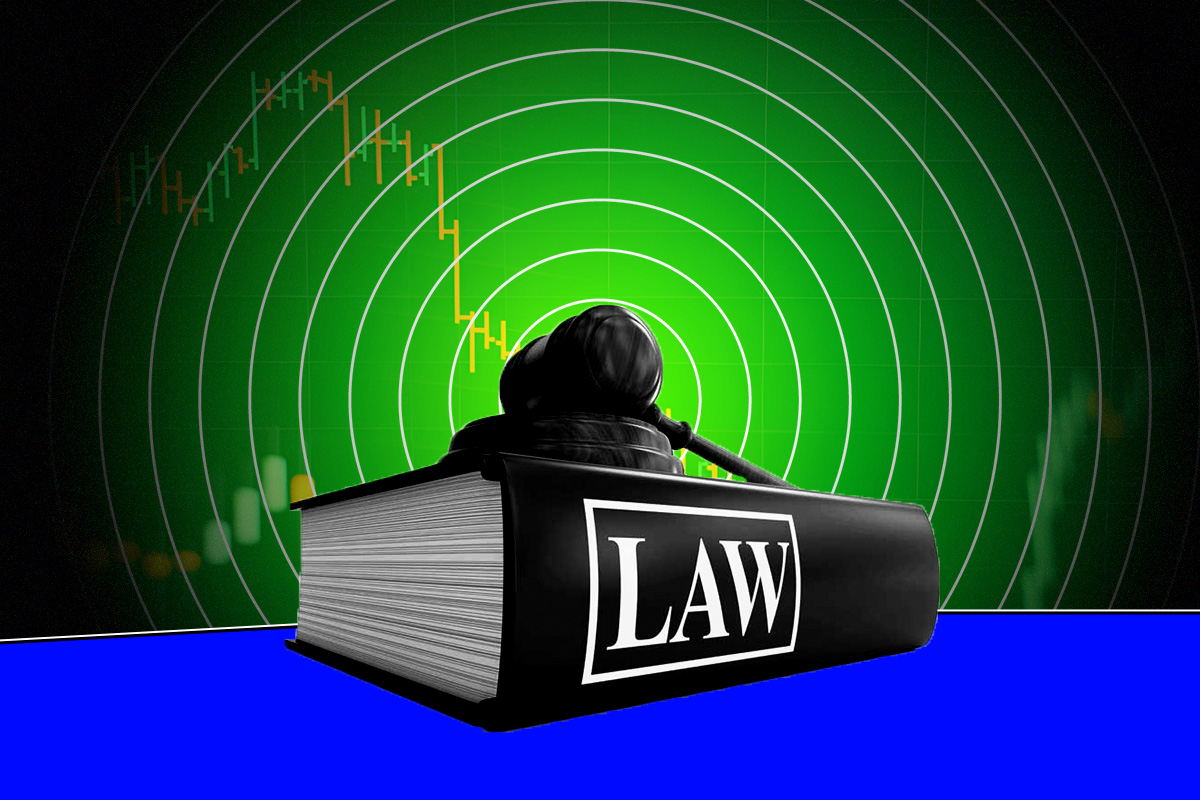Coinbase vs SEC: Coinbase Pushes SEC for Clear Crypto Rules in Federal Appeals Court
Coinbase vs SEC: Coinbase and the U.S. Securities and Exchange Commission (SEC) faced off in a Philadelphia federal appeals court on Monday, with the leading U.S. cryptocurrency exchange urging the SEC to establish clear and specific rules for digital assets. The dispute traces back to Coinbase’s 2022 petition, which requested the SEC to clarify under which conditions digital assets would be classified as securities and to create a regulatory framework tailored for the crypto industry.
Coinbase, the largest crypto exchange in the U.S., sued the SEC after the regulator rejected its petition in December 2023, insisting that existing securities laws were sufficient for regulating cryptocurrencies.
Coinbase Criticizes SEC for Lack of Clear Guidelines
On Monday, Coinbase asked the court to overturn the SEC’s rejection of its petition, arguing that the regulator’s ambiguity makes it difficult, if not impossible, for the company to operate within U.S. laws. Eugene Scalia, representing Coinbase, emphasized that the SEC’s failure to provide clear guidance is “arbitrary and capricious,” leaving businesses like Coinbase without a clear path for regulatory compliance.
In response, the SEC’s attorney, Ezekiel Hill, argued that the SEC is not obligated to create new rules specifically for cryptocurrencies. Hill contended that the current regulatory framework is sufficient and that Coinbase’s desire to operate outside of these regulations does not warrant new rulemaking.
The panel of three judges acknowledged the SEC’s discretion in setting rulemaking priorities but questioned why cryptocurrency regulation has not been adequately addressed, given the industry’s rapid growth.
Coinbase and the Broader Crypto Industry’s Struggle with the SEC
This legal battle is one of many conflicts between the SEC and the cryptocurrency industry. The SEC has repeatedly asserted that most crypto tokens should be classified as securities and fall under its oversight, a stance that has faced resistance from crypto companies like Coinbase. These companies argue that the digital asset space operates in a legal gray area, calling for new legislation specifically designed for cryptocurrencies.
In addition to this case, Coinbase is currently involved in another lawsuit where the SEC has accused the exchange of listing and trading tokens that should be registered as securities. This broader regulatory struggle continues to fuel uncertainty in the industry, as many crypto companies remain unsure of how to legally operate within U.S. laws.
SEC’s Aggressive Enforcement Sparks Tension
The ongoing regulatory friction is partly due to the SEC’s long-standing position that most digital assets fall under the definition of securities. This classification means that crypto companies must comply with stringent U.S. securities laws, a framework that many in the industry argue is outdated and unsuitable for the fast-evolving digital asset space.
Recent actions by the SEC against other prominent firms, such as Binance and Ripple, have highlighted this tension. These lawsuits have not only raised questions about the status of certain tokens but have also drawn criticism regarding the SEC’s enforcement strategy. Many industry stakeholders argue that the regulator’s approach lacks clarity and is too aggressive, potentially stifling innovation in the space.
Divisions Within the SEC on Cryptocurrency Oversight
Within the SEC itself, there are divisions on how to handle cryptocurrency regulation. While Chair Gary Gensler advocates for strict enforcement to protect investors and ensure market integrity, other commissioners, like Hester Peirce, have voiced concerns about stifling innovation. Peirce, known as “Crypto Mom” for her pro-crypto stance, has been critical of the SEC’s unclear regulatory approach, which she believes hinders the growth of the digital asset sector.
This internal debate reflects the broader challenge the SEC faces in developing a coherent and forward-looking regulatory framework for cryptocurrencies. As the crypto market continues to grow and evolve, the absence of clear rules has created uncertainty for companies striving to comply with regulations while navigating this rapidly changing landscape.
The Future of Crypto Regulation Hinges on the Court’s Decision
The appeals court’s decision on Coinbase’s request for clearer rules could set a significant precedent for how cryptocurrencies are regulated in the United States. If the court rules in favor of Coinbase, it could prompt the SEC to reconsider its stance on digital assets and potentially create a new regulatory framework for the industry.
As the crypto market continues to evolve, the court’s ruling could have far-reaching implications for how the SEC approaches rulemaking and enforcement, not only for Coinbase but for the entire cryptocurrency ecosystem.
FAQ
What is the main issue in the Coinbase vs. SEC case?
The primary issue is Coinbase’s petition for the SEC to clarify the conditions under which digital assets are considered securities and to create a regulatory framework for cryptocurrencies. Coinbase argues that the lack of clear guidance hinders its ability to comply with U.S. laws.
















Leave a comment